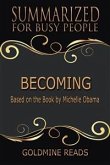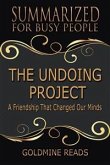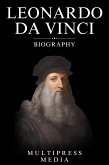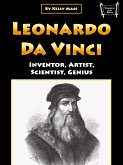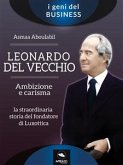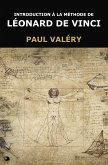This book summary and analysis was created for individuals who want to extract the essential contents and are too busy to go through the full version. This book is not intended to replace the original book. Instead, we highly encourage you to buy the full version. Based on countless pages of Leonardo da Vinci’s notebooks as well as discoveries about his life and work, Walter Isaacson creates a chronological account connecting Leonardo’s art and science to the inner workings of his mind. He narrates Leonardo’s genius which had blurred the lines between talent and constant self-improvements like his relentless curiosity, careful observation, and limitless imagination. Leonardo created the two most famous paintings, The Last Supper and the Mona Lisa; but the book allows a peek into his own mind showing that he was also a man in pursuit of knowledge. With interests that sometimes become obsessive, he pursued an understanding of anatomy, hydraulics, flight, optics, geology, and weapon design. His weaving through different disciplines had drawn him to the creation of the Vitruvian man which had made him history’s greatest creative genius. His creativity stemmed from an interest in various disciplines which had led him to extensively drawing accurate representations of the human body to the painting of history’s most enigmatic smile. He explored optics, upon light reflecting the eyes which had provided the changing perspectives in The Last Supper. Isaacson accounts Leonardo’s love for pageantry which had informed his paintings and inventions. Leonardo’s love for creating bridges between various disciplines had become the greatest recipe for creativity. This included his life being a misfit: illegitimate, gay, vegetarian, left-handed, restless, and sometimes heretical. His life reminds us of the importance of questioning what we know now and letting our imagination, like talented misfits, create different outcomes. Wait no more, take action and get this book now!
Bitte wählen Sie Ihr Anliegen aus.
Rechnungen
Retourenschein anfordern
Bestellstatus
Storno



